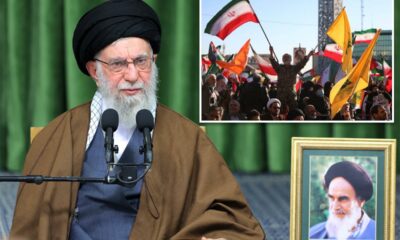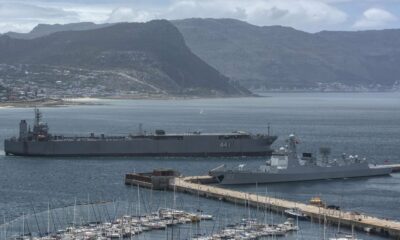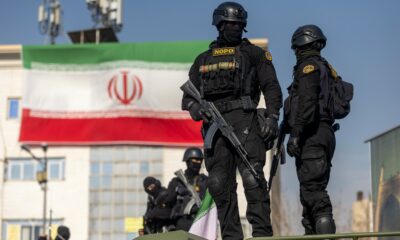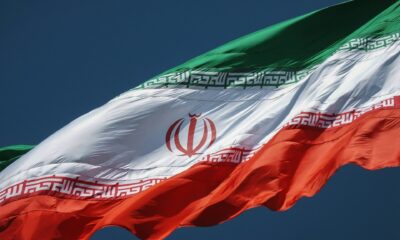News
“Obliterated?” Iran Vows Retaliation After US Nukes its Nuclear Sites in High-Stakes Escalation
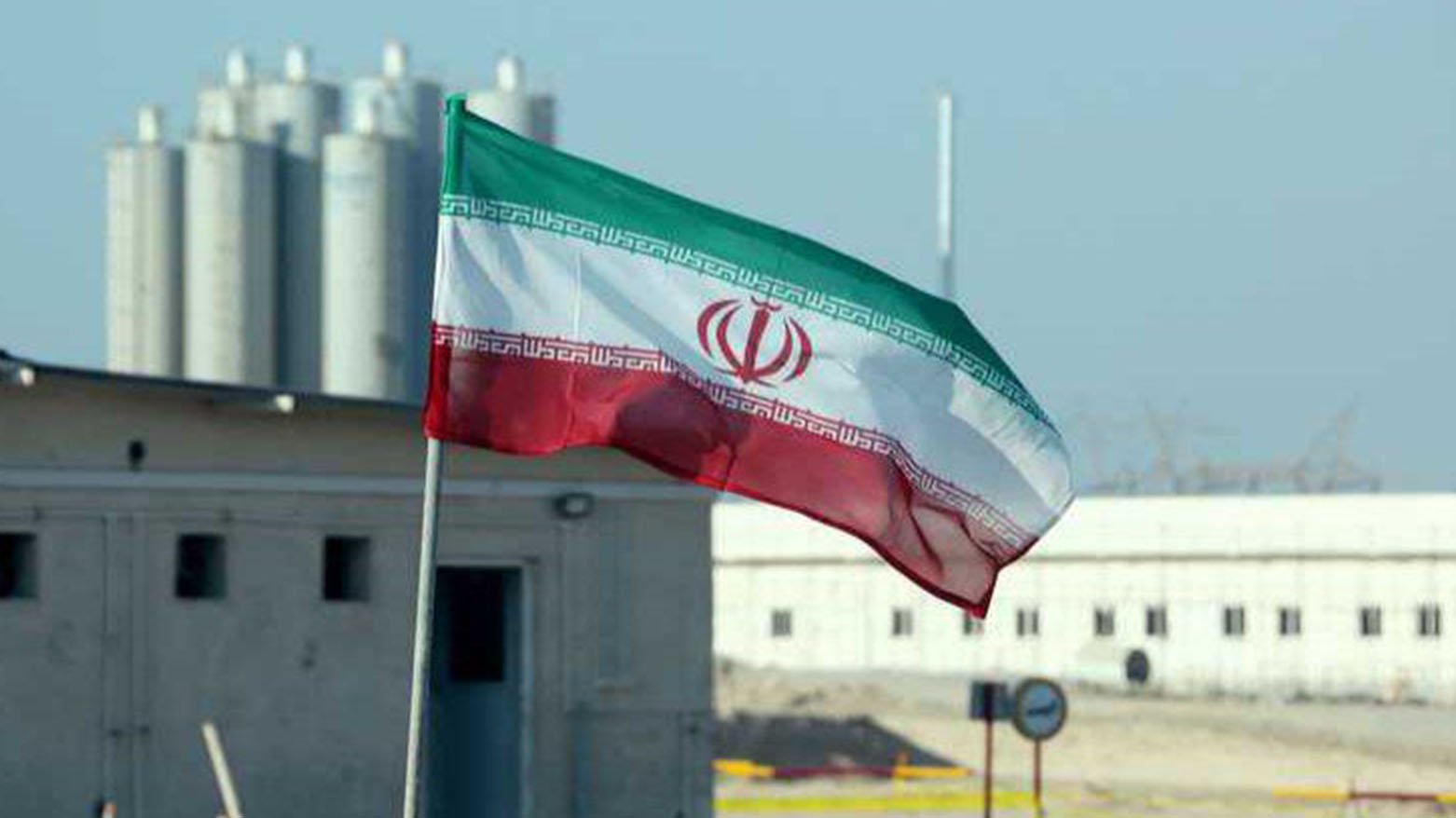
Missiles fly, nerves fray, and the world watches as Trump-era aggression reignites fears of all-out war in the Middle East
The Middle East is once again staring down the barrel of conflict, as Iran has vowed a fierce response after the United States launched a weekend bombing campaign targeting its most sensitive nuclear facilities.
The strikes, carried out with bunker-busting bombs by American warplanes, hit three of Iran’s most fortified nuclear sites Fordo, Natanz, and Isfahan. While US President Donald Trump triumphantly claimed the operation had “obliterated” Iran’s nuclear capabilities, the Pentagon was far more cautious, warning that the true extent of damage would take time to confirm.
The attack marks a dramatic and potentially explosive turn in an already spiraling conflict between Iran and Israel, one that has now pulled in the United States in an unmistakably direct way.
Ayatollah Khamenei Calls it “A Big Mistake”
Iran’s Supreme Leader Ayatollah Ali Khamenei wasted no time in condemning the strike, declaring that the “Zionist enemy is being punished,” in reference to Israel’s bombardments that began earlier this month. In what seemed like a coordinated escalation, both Iranian and Israeli air defences were activated early Monday, with missiles and drones exchanged in a dangerous display of brinkmanship.
Tehran’s military claimed it struck multiple Israeli targets, including Ben Gurion Airport, injuring at least 23 people. Meanwhile, Israel said its Iron Dome was intercepting incoming Iranian fire, as the situation threatened to spiral into a regional war.
Trump’s MIGA Moment and “Regime Change” Rhetoric
On his Truth Social account, Trump doubled down on the military action, using his signature bravado to declare:
“Obliteration is an accurate term! Bullseye!!!”
While the Pentagon distanced itself from any intention of toppling the Iranian regime, Trump flirted with the idea publicly, posting:
“If the current Iranian Regime is unable to MAKE IRAN GREAT AGAIN, why wouldn’t there be a Regime Change??? MIGA!!!”
The former president’s open taunting has poured fuel on an already raging fire, as Iranian leaders interpret the US strike as a clear attempt to crush not just their nuclear program, but their sovereignty.
International Fallout and Regional Shockwaves
Beyond the battlefield, the economic and diplomatic tremors were immediate. Global oil prices surged by more than 4% on Monday amid fears that Iran could shut down the Strait of Hormuz, a crucial chokepoint for nearly 20% of the world’s oil supply.
US Secretary of State Marco Rubio urged China to step in and dissuade Iran from retaliating further—a rare appeal that underscored Washington’s worry about regional escalation.
Meanwhile, European powers and key Gulf states including the UAE, Qatar, and Oman—some of which had been mediating talks between the US and Iran—condemned the strikes and called for urgent de-escalation.
Even North Korea joined the fray, slamming the US strike as a “violation of the UN Charter.”
Inside Iran: Shock, Protest, and Preparation
In Tehran and across Iran, protesters took to the streets waving national flags and chanting anti-American slogans. For many, the attacks served as a painful reminder of decades of foreign aggression—while for others, especially near the nuclear zones, fear took over.
“I’m truly shocked,” said Samireh, a housewife from Semnan province. “We’re far from the nuclear sites, but the fear spreads faster than the bombs.”
Iranian President Masoud Pezeshkian accused the US of sabotaging diplomacy and promised retaliation—though he stopped short of specifying what form it would take.
Foreign Minister Abbas Araghchi, now en route to Moscow for talks with Vladimir Putin, said the strikes had “blown up nuclear diplomacy,” accusing Washington of sabotaging years of negotiations.
IAEA Issues Grave Warning Over Nuclear Risks
The head of the UN’s nuclear watchdog, Rafael Grossi, warned that the attack could lead to dangerous radioactive consequences, particularly given the extensive underground damage reported at Fordo. Craters are now visible from satellite images, but the true impact below ground remains unknown.
“Armed attacks on nuclear facilities must never take place,” Grossi cautioned during an emergency UN Security Council meeting.
Russia, China, and Pakistan responded by circulating a draft resolution calling for an immediate ceasefire, highlighting just how swiftly this conflict is drawing in global powers.
Where Does This Leave the World?
In the span of a weekend, the long-dormant fuse between Washington and Tehran has been lit again—and this time, the stakes feel even higher.
For now, the world waits for Iran’s full response, while Americans abroad have been warned via a State Department alert that demonstrations and disruptions are likely.
One thing is clear: the Middle East is back in crisis mode, and this time, the bombs dropped were not just symbolic, they were strategic, underground, and devastating.
Whether this becomes the next major war, or a high-stakes standoff that stops short of total collapse, may depend on what comes in the next 48 hours.
Oil Shock: US Bombing of Iran Sparks Fears of R130 Petrol in South Africa
{Source: IOL}
Follow Joburg ETC on Facebook, Twitter , TikTok and Instagram
For more News in Johannesburg, visit joburgetc.com

